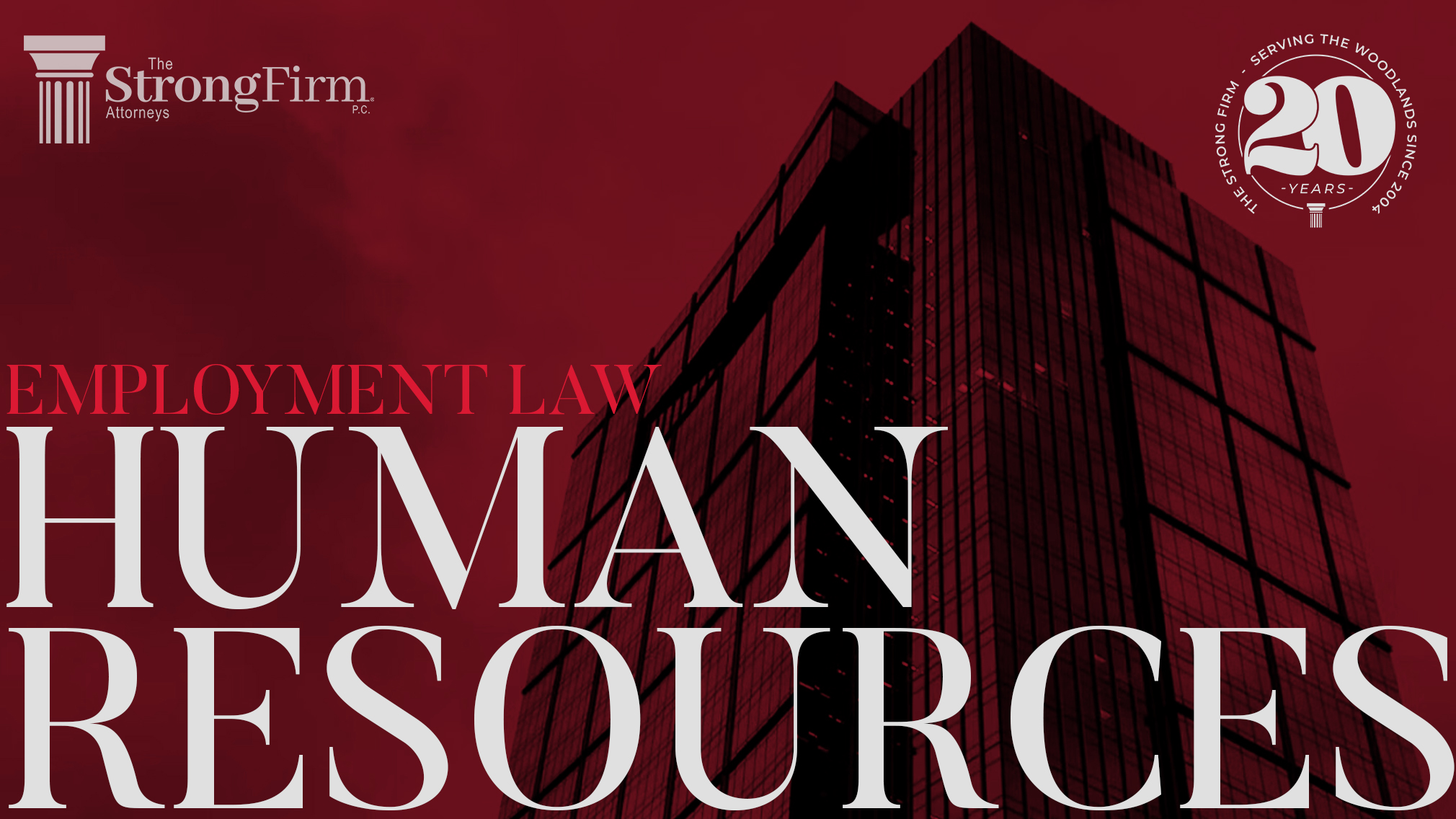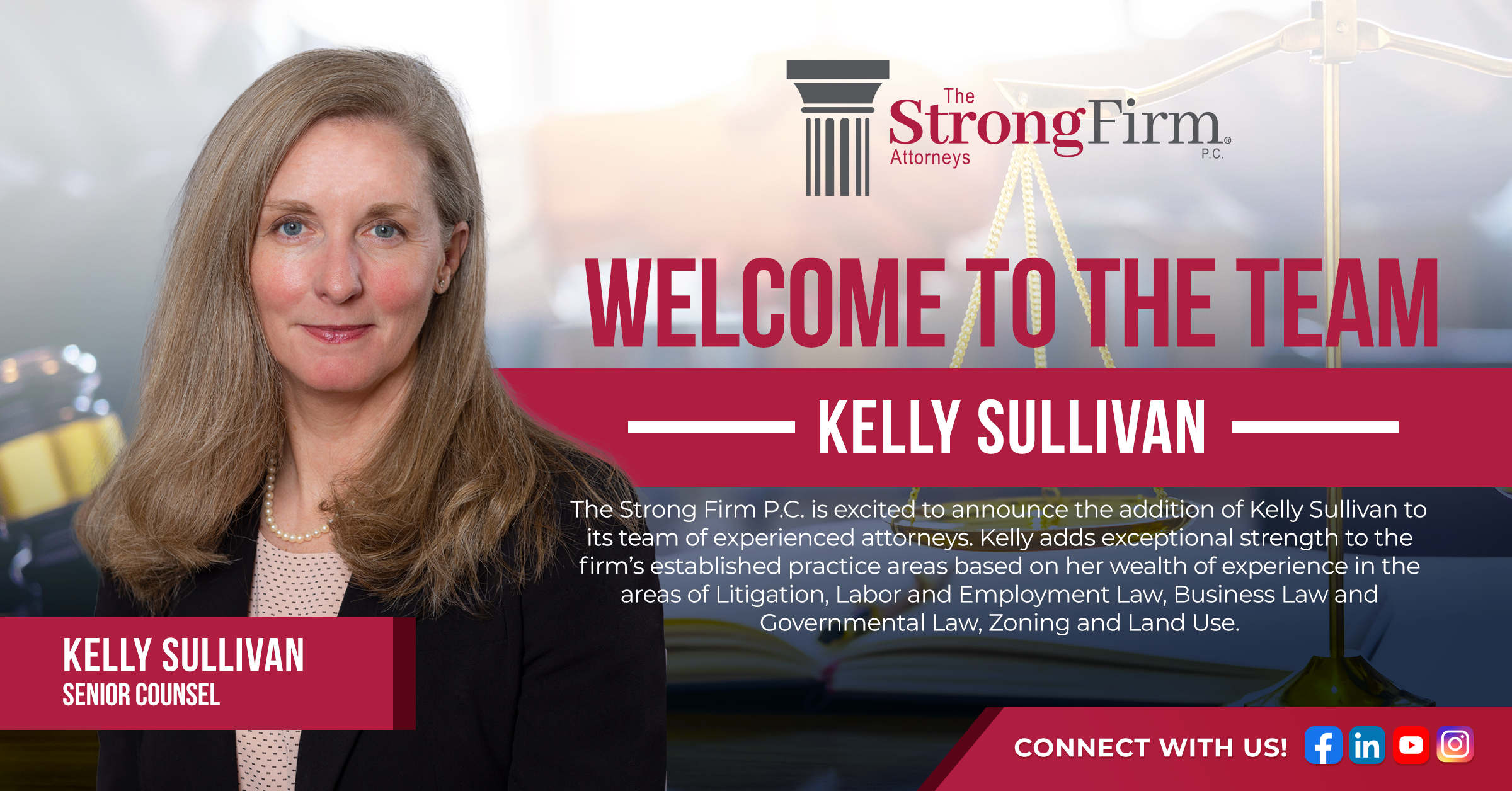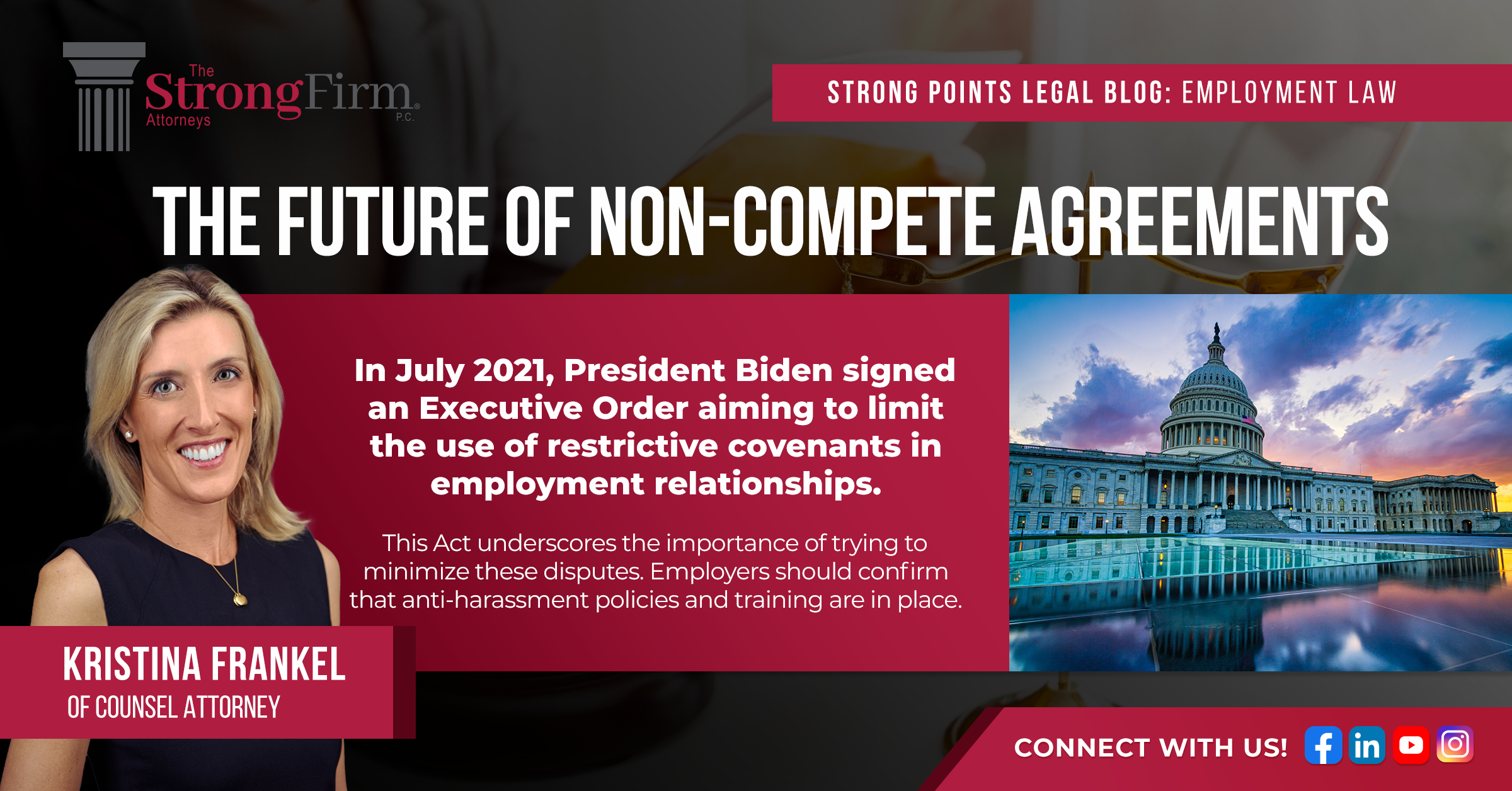Under the Standards Development Organization Advancement Act of 2004, a standards development organization (SDO) that registers with the Department of Justice and the Federal Trade Commission will not be subject to treble damage liability in private antitrust actions. Also, the rule of reason rather than a per se illegal analysis will be used in evaluating the anti-competitive effect of any alleged antitrust violations by a registered SDO.
The law became effective June 23, 2004, when H.R. 1086 was signed. A SDO, usually a nonprofit organization set up to establish voluntary industry standards for particular types of products, now is given the protection provided to joint ventures by the National Cooperative Research and Production Act of 1993. The 1993 Act provided that certain joint ventures would have their antitrust liability determined under the rule of reason. The 1993 Act also allowed participants in joint research, development, and production to limit their potential antitrust damage exposure to actual rather than treble damages by filing a notification with the Department of Justice and the Federal Trade Commission. A SDO now may obtain the same protection by filing similar notices with the federal agencies.
A SDO alleged to have violated antitrust laws through its standards development activities may challenge such allegations on the basis that any restraint on trade resulting from the standards is not unreasonable. Rather than categorizing the restraint on trade among members of a SDO as price fixing or market allocation considered per se illegal, the court must consider evidence of pro-competitive effects of the standards development activities.
To avoid potential treble damage liability, notification to the Department of Justice and the Federal Trade Commission by a SDO should be filed not more than 90 days after beginning a standards development activity designed to develop or promulgate voluntary consensus standards. The notice should disclose the name of the SDO and its principal place of business and provide documents that fully disclose the nature and scope of the standard development activity. Notifications received by the Department of Justice and the Federal Trade Commission must be published in the Federal Register before the actual damage and rule of reason limitations may become effective.
While a SDO is protected from treble damage liability and obtains rule of reason analysis of any alleged antitrust violation, individual members of the SDO cannot receive such protection. Individual and company members of a SDO remain subject to treble damages and to per se analysis for any anti-competitive misuse of the standards development process.
Copyright 2012 LexisNexis, a division of Reed Elsevier Inc.




























